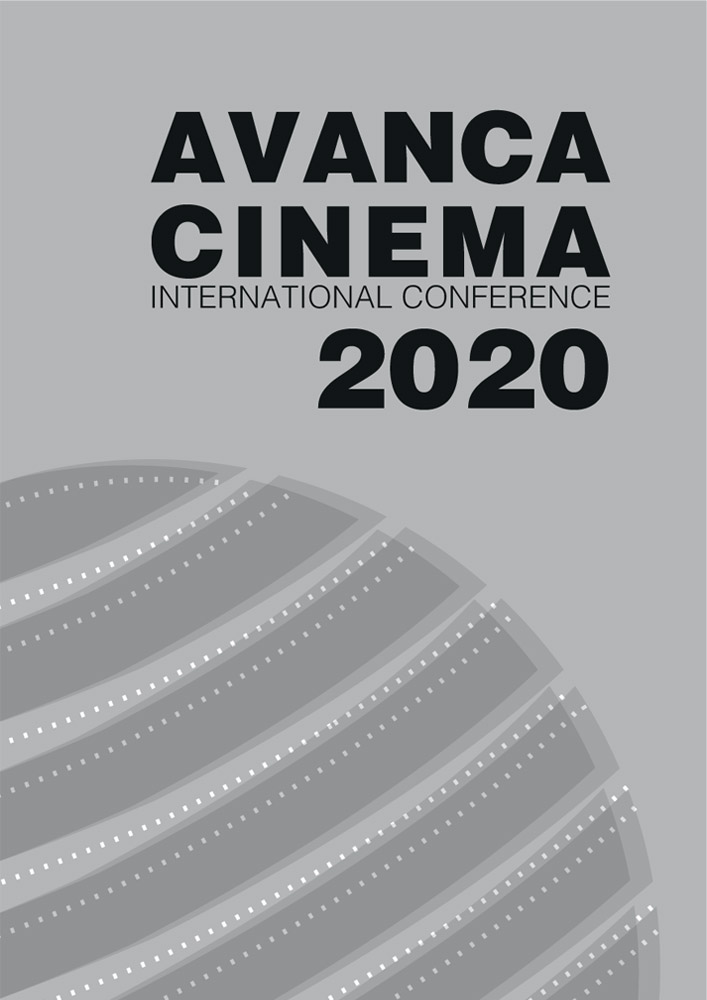Capítulo II _ Cinema - Cinema
La evolución del español a través del doblaje en España.
Resumo
In this text, we propose an overview of the evolution of the Spanish language through the dubbed versions of foreign films in Spain along the twentieth century.
We cover from the early stages of cinema and silent movies and the use of intertitles –as iliteracy was high in large cities and the rate was even higher among women and in rural areas (Gubern, 1993)– so these title cards were something problematic to deal with, for this reason the film lecturer (Sánchez Salas, 2011), the commentator (Fuentes Luque, 2019) or the “explicador” film explainer proved key as a link between the audience and the movies (Fuentes Luque, 2019). After the talkies appeared, different varieties of Spanish could be heard in multilingual movies. Franco’s regime influenced the result of many films exhibited in Spanish movie theatres not only in the images, but also in the political ideologies, the religious aspects, the indecorous language, and sexual or improper activities, portrayed in Hollywood movies (Díaz Cintas, 2019). A “neutral” Spanish was created during the sixties to achieve a greater Hispanic audience. This practice was used on TV series, cartoons, and in Walt Disney’s movies. During the 70s, and with the boom of the 80s’ blockbusters, a greater number of American films were translated and consumed into Spanish. The immense impact of these movies influenced Spanish language and the traditional audiovisual translation mode –dubbing– (Rica Peromingo 2019), adapting and domesticating cultural references, filtering calques and false friends (Rica Peromingo, 2016).

Este trabalho encontra-se publicado com a Licença Internacional Creative Commons Atribuição 4.0.

